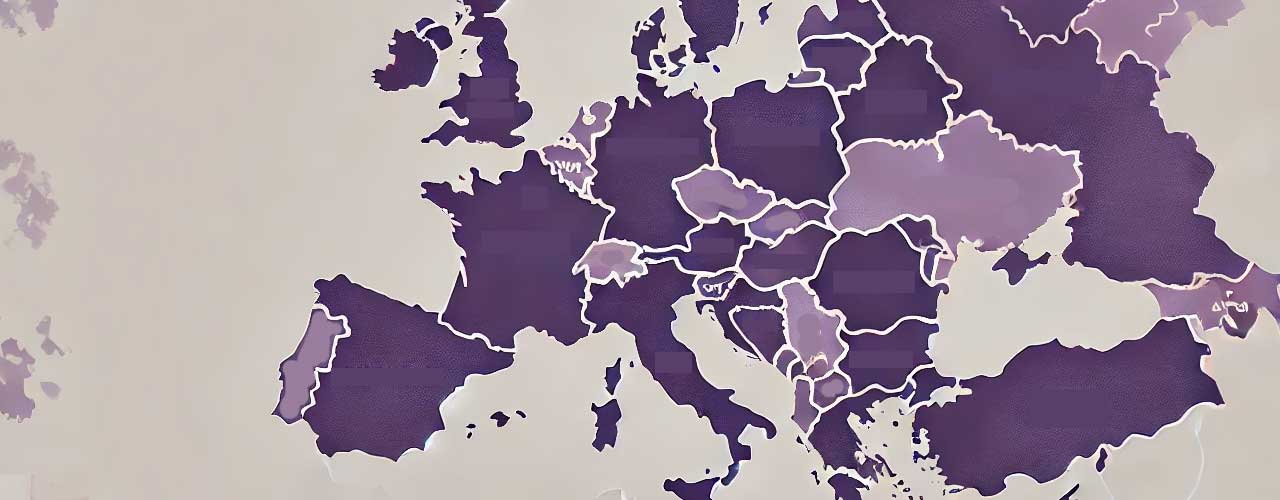
If you represent a financial services company that is based in the European Union or does business in the EU, you must be compliant with the Digital Operational Resilience Act (DORA) by January 17, 2025. In less than two months, you must comply or face stiff penalties for being non-compliant.
The Digital Operational Resilience Act (DORA) aims to ensure that financial institutions can withstand, respond to, and recover from all types of ICT-related disruptions and threats, including cyberattacks. By addressing digital threats in the financial sector, DORA protects the stability and integrity of the EU financial system.
You have until January 17, 2025 to comply with DORA’s regulations or face fines of up to 2% of your annual turnover (product revenue) as well as administrative repercussions, license revocation, and brand degradation. Individuals face criminal penalties as well.
How to become compliant with DORA
Investing in reporting and incident response can help dramatically lower breach costs for financial enterprises and their customers.
Here are five steps Financial Services companies that use Java can take to become compliant:
- Develop and Implement an ICT Risk Management Framework
- Establish an Incident Reporting Mechanism
- Conduct Regular and Rigorous Testing of ICT Systems
- Enhance Third-Party Risk Management Practices
- Facilitate Information Sharing on Cyber Threats
Get your Java estate in order with Azul
DORA focuses on ICT assets, which it defines as “a software or hardware asset in the network and information systems used by a financial entity.” Java is the programming language of choice for the Financial Services industry. According to the 2022 FINOS State of Open Source in Financial Services report, 51% of the code within the financial services data set is written in Java.
All the world’s top 10 trading companies and six of the top 10 U.S. financial firms have switched to Azul. Using a stable, supported Java platform is critical to complying with DORA. With that in mind, we present some guidance to help get you started on your road to DORA compliance.
Azul is the only OpenJDK distribution that provides quarterly Critical Patch Updates to its customers that are focused on security-only fixes. Azul is an excellent fit for DORA’s requirements, offering updates and patches to address vulnerabilities consistently faster than any alternative distribution. Azul makes these updates available according to a strict SLA, which is critical for protecting financial systems under DORA’s stringent cybersecurity mandates.
Conclusion
Azul’s OpenJDK is the premier choice for financial institutions seeking compliance with the Digital Operational Resilience Act (DORA) in the EU.
Many of the required steps require thorough documentation of procedures for mitigating, patching, and informing individuals whose personally identifiable information (PPI) may have been exposed. If you don’t have such processes documented already, preparing for DORA will be time-consuming, and you should start immediately.
For more information, read our DORA FAQs or talk to a Java application and infrastructure expert at Azul.



